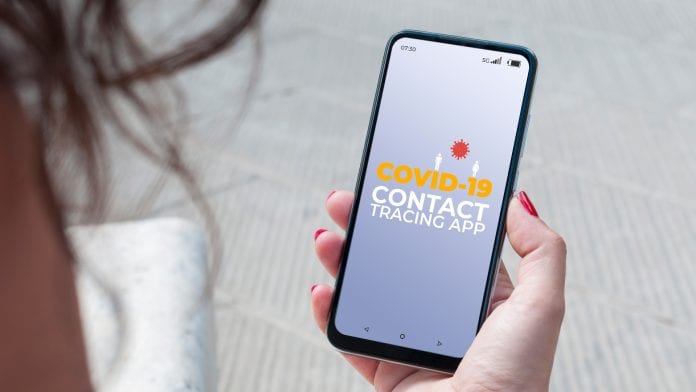
The European Commission has implemented an EU-wide interoperable ‘gateway’ linked to contact tracing and warning apps.
To break the chain of COVID-19 infections across borders the European Commission has set up the EU-wide system to ensure interoperability of track and trace apps after a successful pilot phase.
The system is now live with the first wave of national apps linked through the service, including Germany’s Corona-Warn-App, Ireland’s COVID tracker, and Italy’s immuni. Together, these apps have been downloaded by around 30 million people.
Thierry Breton, Commissioner for Single Market, said: “Many Member States have launched voluntary contact tracing and warning apps, and the Commission has supported them in make these apps safely interact with each other. Free movement is an integral part of the Single Market – the gateway is facilitating this while helping save lives.”
An interoperable gateway
The majority of EU Member States have decided to launch a contact tracing and warning app in a bid to fight the virus. In total, 20 apps which are based on decentralised systems can now be interoperable through the gateway service, which ensures that the apps work seamlessly across borders.
They can be linked to the gateway after following a protocol that foresees several tests and checks, and an update has to be issued for each app. A second group of apps are set to be linked to the gateway, following by Czechia’s eRouška, Denmark’s smitte stop, Latvia’s Apturi COVID, and Spain’s Radar Covid. Further apps will be linked to the system in November.
Users will only need to install one app and when they travel to another participating European country, they will still benefit from contact tracing and receiving alerts.
Stella Kyriakides, Commissioner for Health and Food Safety, added: “Coronavirus tracing and warning apps can effectively complement other measures like increased testing and manual contact tracing. With cases on the rise again, they can play an important role to help us break the transmission chains. When working across borders these apps are even more powerful tools. Our gateway system going live today is an important step in our work, and I would call on citizens to make use of such apps, to help protect each other.”
Data protection
Data exchanged through the gateway is kept to a minimum and will efficiently receive and pass on arbitrary identifiers between national apps. No other information than arbitrary keys, generated by the apps, will be handled by the gateway: the information is pseudonymised, encrypted, and only stored as long as necessary to trace back infections. It also does not allow the identification of individual persons, nor to track location or movement of devices.
The setup of the gateway follows the agreement by Member States on technical specifications to ensure a safe exchange of information between the backend servers of national contact tracing and warning apps based on a decentralised architecture. The system was developed and set up in less than two months by T-Systems and SAP, and will be operated from the Commission’s data centre in Luxembourg.
Jens Spahn, Germany’s Federal Minister of Health, said: “Everywhere in Europe, infections are on the rise again. Right now, national warning apps are making a real difference. Because every infection chain that, thanks to an app, is broken more quickly helps to contain the pandemic. With the new gateway service, we are connecting apps across Europe. Like this, contacts can also be warned during or following a trip abroad.”








